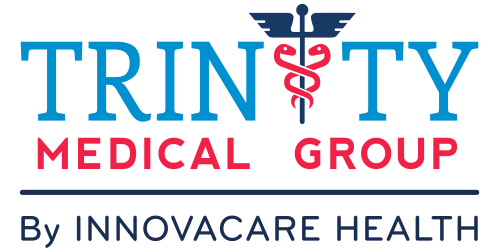For many Americans, turning 65 means you’re eligible for Medicare, which is a federal health insurance program. While some are automatically enrolled in Medicare, many have to sign up for it. There are different options to choose from. Medicare offers original Medicare, Medicare Advantage plans, and option D, which covers prescriptions.
If you aren’t getting Social Security, you may need to enroll in Medicare. The Medicare enrollment period lasts 7 months and begins 3 months before your 65th birthday month, and ends 3 months after. During the enrollment period, you sign up for Medicare Part A, which is hospital insurance. Medicare Part B, the medical insurance, is optional. Part B requires a premium. If you opt to only have Part A, you would not have to pay this premium, however it’s strongly recommended to enroll in Part B unless you have employer-based insurance.
You may choose to enroll in Medicare Part B at a later point, however, enrolling during the initial enrollment period guarantees your coverage will go into effect on time. After the initial enrollment period, the general enrollment period is January 1- March 31 every year, and coverage will begin on July 1st of that year. According to the Medicare website, enrolling on time is also the most cost-effective option. Waiting to enroll could come with a penalty or higher premiums.
You can initially sign up for Medicare Advantage plans April through June – after you have signed up for Parts A and B during the general enrollment period. Then, you can change your Medicare coverage or pick a new Medicare Advantage plan during the Fall open enrollment period, which is October 15 through December 7 each year. You may also switch between original Medicare and Medicare Advantage during the Fall enrollment period, or change your Part D coverage at that time.
For people who are still working or have a spouse still working, they will be placed under a “special enrollment period,” which allows them to sign up at any time.
How Does Medicare Work?
For Medicare Part A and Part B, you pay for services as you get them. This comes with a deductible and copays, which is usually 20% of the cost of service.
Medicare Advantage plans combine Part A, Part B and usually Part D, which is coverage for prescriptions. Many Medicare Advantage plans come with additional coverage for dental and vision. The most common types of Medicare Advantage plans are Health Maintenance Organization (HMO) plans, Preferred Provider Organization (PPO) plans, private fee-for-service (PFFS) plans, and special needs plans (SNP).
- HMO Plans – Require patients to choose from in-network providers, except in emergency care, out of area urgent care and dialysis. Most of the time, prescription drugs are covered in an HMO plan.
- PPO Plans – Allow more flexibility and allow patients to choose from different hospitals, doctors and health services “in network.” Patients can still see doctors and use services out of network, however, these visits will require a higher co-pay. Unlike HMO plans, PPO plans don’t require referrals to see a specialist or a primary care doctor.
- PFFS plans – PFFS plans are very similar to PPO plans, except they are less likely to offer coverage for prescription drugs. For prescription drug coverage, you will also have to enroll in Medicare Part D or pay for prescriptions without insurance.
- Special Needs Plans – Special needs plans are exclusive to people who require nursing care and/or have certain conditions like diabetes, dementia and chronic heart failure. Prescription drugs are always covered in SNPs.
Once you have decided which Medicare or Medicare Advantage plan is right for you, you can enroll by visiting or calling your local Social Security office or applying online.
Where do I go for help?
These sites offer information to help you make informed decisions:
- Getting started with Medicare:
https://www.medicare.gov/sign-up-change-plans/get-started-with-medicare
- Questions and answers about Medicare coverage
- When to apply for Medicare from the AARP:
https://www.aarp.org/health/medicare-qa-tool/turning-65-when-to-apply-for-medicare/
- Learn what Medicare Advantage plans are accepted at Trinity Medical Group:
________________________________________________________________
This article provides information on general health and health-related subjects. The information and other content provided by this article, or in any linked references, is not intended as a substitute for professional medical expertise and should not be used to replace the advice of your own healthcare provider.
If you or any other person under your care has a medical concern, consult with your health care provider or seek professional medical treatment. Do not disregard professional medical advice or delay in seeking treatment because of something read in this article or in any linked materials.
If you think you are experiencing a medical emergency, call your doctor or dial 911 for immediate emergency services.

 Call Lakeland
Call Lakeland
